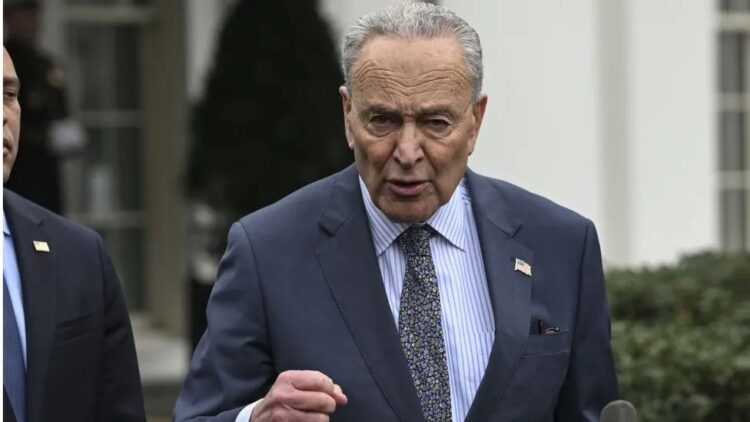In a crucial move to prevent a government shutdown, the United States Congress has greenlit a short-term spending package, marking the fourth stopgap measure in recent months. The bill, securing bipartisan support in a 77-13 vote in the Senate, will fund certain federal government agencies until March 8, while others will receive support until March 22. This timely action prevents a looming shutdown scheduled for Saturday and ensures the uninterrupted operation of essential government functions, such as food safety inspections and air traffic controllers’ pay. The bill now awaits the signature of US President Joe Biden to become law.
Senate Democratic leader Chuck Schumer expressed relief on the Senate floor, stating, “I am happy to inform the American people that there will be no government shutdown on Friday. When we pass this bill, we will have, thank God, avoided a shutdown with all its harmful effects on the American people.”
The Senate’s bipartisan decision followed the approval of the stopgap funding by the Republican-controlled House of Representatives. Despite the fiscal year commencing on October 1, Congress has yet to endorse the 12 annual spending bills that collectively form the federal budget.
House Speaker Mike Johnson reported progress on negotiations, indicating that an agreement had been reached on six of the spending bills, with others nearing resolution. “We’ll get the job done,” Johnson assured after exiting a closed-door meeting with Republican colleagues.
Looking ahead, Congress anticipates further challenges in the upcoming weeks as debates unfold over funding levels for various programs, particularly those targeted for reduction by Republicans. Hardline Republicans, led by representatives like Chip Roy from Texas, have been pressing for a government shutdown as a strategic move to pressure Democrats into accepting conservative policy priorities. These include measures aimed at curbing the influx of undocumented migrants across the US-Mexico border.
Roy emphasized that his faction aims to persuade Johnson to push a new spending bill, proposing funding until the end of September while concurrently cutting non-defense spending. “We believe that we could do that. We believe that actually presents a good alternative,” Roy conveyed to reporters.
As the nation narrowly avoids the specter of a government shutdown, the stage is set for ongoing negotiations and potential clashes over funding priorities and policy directions in the weeks to come.

















Comments